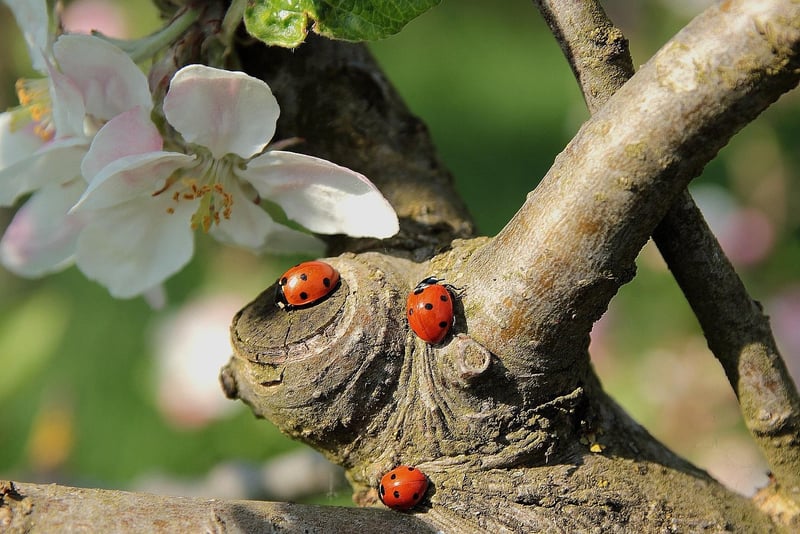Beneficial Insects
Managing Pests in an Eco-Friendly Way with Beneficial Insects
When it comes to pest control, many people turn to chemical solutions that can harm the environment. However, there is a more natural and eco-friendly way to manage pests: using beneficial insects. These insects can help keep pest populations in check without the need for harmful chemicals. Let's explore how you can use beneficial insects to protect your plants and garden in a sustainable way.
What are Beneficial Insects?
Beneficial insects are insects that prey on pest insects, helping to control their populations. By introducing these helpful bugs into your garden or field, you can create a natural balance that reduces the need for pesticides. Some common beneficial insects include ladybugs, lacewings, parasitic wasps, and ground beetles.
How to Attract Beneficial Insects
There are several ways to attract beneficial insects to your garden:
- Plant a diverse range of flowers that provide nectar and pollen for adult beneficial insects.
- Provide shelter for beneficial insects by creating brush piles, rock piles, or leaving some areas of your garden untended.
- Avoid using broad-spectrum insecticides that can harm beneficial insects along with pests.
- Introduce beneficial insects directly by purchasing them from reputable suppliers.
Common Beneficial Insects and Their Roles
Here are some beneficial insects you can attract to your garden and their roles in pest control:
- Ladybugs: Feed on aphids, mites, and scale insects.
- Lacewings: Prey on aphids, mealybugs, and small caterpillars.
- Parasitic Wasps: Lay eggs inside pest insects, controlling their population.
- Ground Beetles: Eat weed seeds, caterpillars, and other pests on the ground.
Benefits of Using Beneficial Insects
Using beneficial insects for pest control offers several advantages:
- Reduces the need for chemical pesticides, promoting a healthier environment.
- Helps maintain a natural balance in the ecosystem, preventing pest outbreaks.
- Cost-effective in the long run, as you reduce reliance on expensive chemical treatments.
- Safe for pollinators, wildlife, and beneficial insects themselves.
By incorporating beneficial insects into your pest management strategy, you can protect your plants, support biodiversity, and contribute to a more sustainable way of gardening.

Image source: Pixabay
